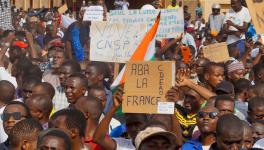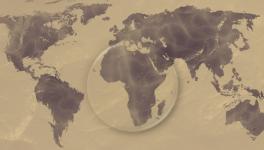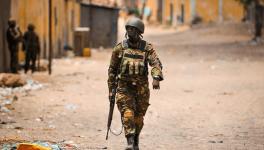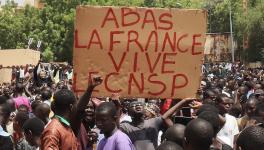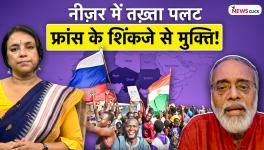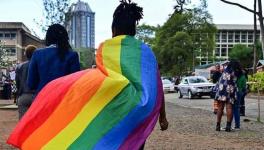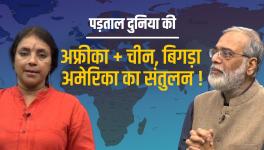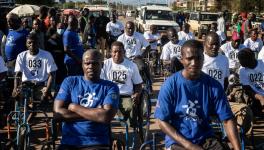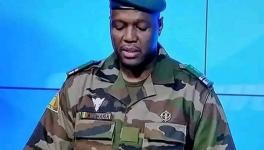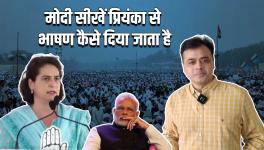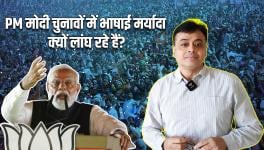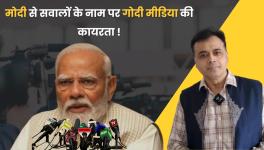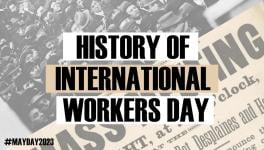What the World Got Wrong in Côte D'Ivoire
Why is the United Nations entrenching former colonial powers on our continent? Africans can and should take the lead in resolving their own disputes.
The second round of the Nov. 28, 2010, presidential elections in Côte d'Ivoire pitted against each other two long-standing political opponents, Laurent Gbagbo and Alassane Ouattara. For this reason, and of strategic importance, it was inevitable that this electoral contest would decide the long-term future of the country. Everybody concerned should have probed very seriously the critical question: Would the 2010 elections create the conditions that would establish the basis for the best possible future for the Ivorian people?
This was not done.
Rather, the international community insisted that what Côte d'Ivoire required to end its crisis was to hold democratic elections, even though the conditions did not exist to conduct such elections. Though they knew that this proposition was fundamentally wrong, the Ivorians could not withstand the international pressure to hold the elections.
However, the objective reality is that the Ivorian presidential elections should not have been held when they were held. It was perfectly foreseeable that they would further entrench the very conflict it was suggested they would end.
The 2002 rebellion in Côte d'Ivoire divided the country into two parts, with the north controlled by the rebel Forces Nouvelles, which supported Alassane Ouattara, and the south in the hands of the Gbagbo-led government. Since then, Côte d'Ivoire has had two governments, administrations, armies, and "national" leaders.
Any elections held under these circumstances would inevitably entrench the divisions and animosities represented and exacerbated by the 2002 rebellion.
The structural faults which lay at the base of the 2002 rebellion include such inflammable issues as trans-national tensions affecting especially Côte d'Ivoire and Burkina Faso, Ivorian ethnic and religious antagonisms, sharing of political power, and access to economic and social power and opportunities.
In this regard, the international community has assiduously suppressed proper appreciation of various explosive allegations which, rightly or wrongly, have informed and will continue to inform the views of the Gbagbo-supporting population in southern Côte d'Ivoire -- and much of Francophone Africa!
These are that Ouattara is a foreigner born in Burkina Faso, that together with Burkinabè President Blaise Compaoré he was responsible for the 2002 rebellion, that his accession to power would result in the takeover of the country especially by Burkinabè foreigners, and that historically, to date, he has been ready to advance French interests in Côte d'Ivoire.
Taking all this into account, the African Union understood that a lasting solution of the Ivorian crisis necessitated a negotiated agreement between the two belligerent Ivorian factions, focused on the interdependent issues of democracy, peace, national reconciliation and unity.
In protracted negotiations from 2002, the Ivorians agreed that the presidential elections would not be held until various conditions had been met. These included the reunification of the country, the restoration of the national administration to all parts of the Ivorian territory, and the disarmament of the rebels and all militia and their integration in the national security machinery, with the latter process completed at least two months ahead of any presidential elections. Despite the fact that none of this was honoured, the presidential elections were allowed to proceed.
In the end, Ouattara has been installed as president of Côte d'Ivoire. Gbagbo, and his wife Simone, have ended up as humiliated prisoners. Many Ivorians have died and have been displaced, much infrastructure has been destroyed, and historic animosities have been exacerbated in the lead up to this outcome.
Many things have gone radically wrong along the road to this result.
Courtesy: Foreign Policy
Get the latest reports & analysis with people's perspective on Protests, movements & deep analytical videos, discussions of the current affairs in your Telegram app. Subscribe to NewsClick's Telegram channel & get Real-Time updates on stories, as they get published on our website.









